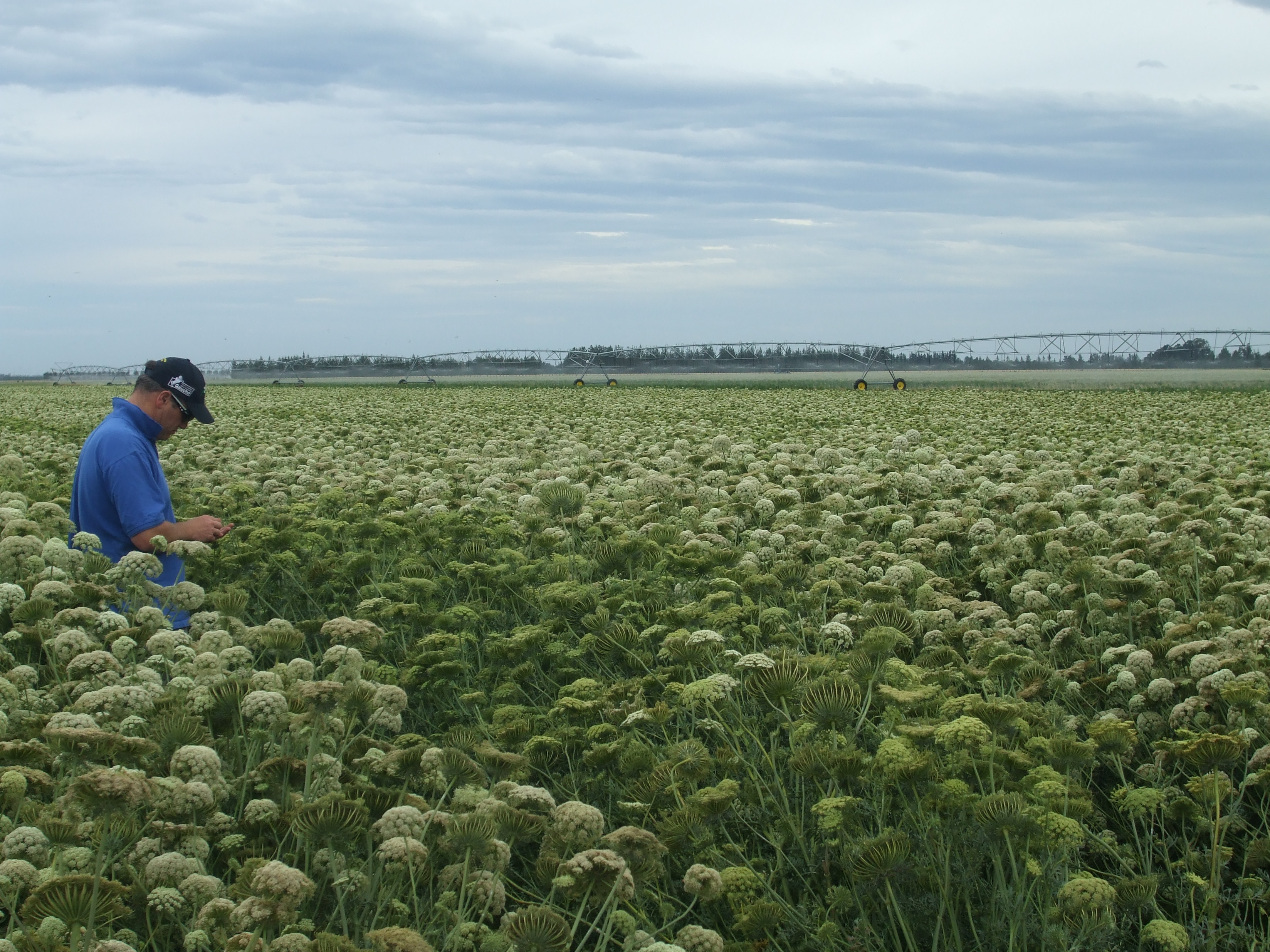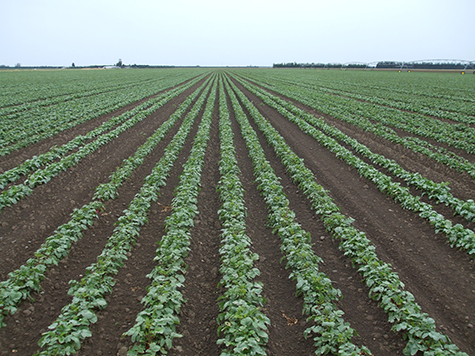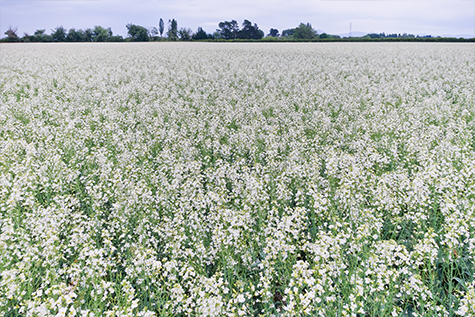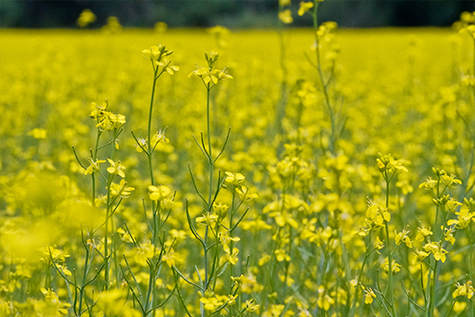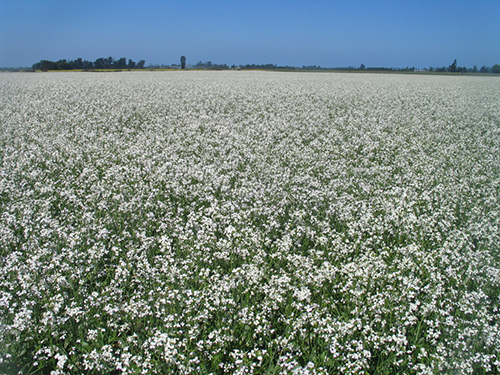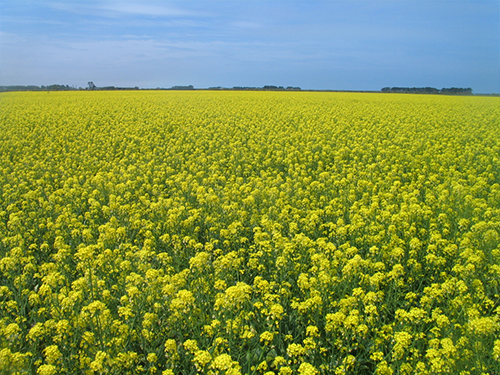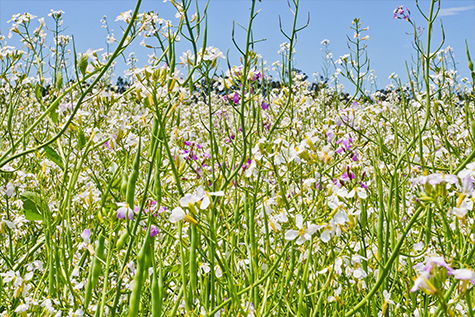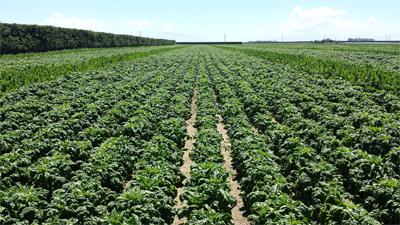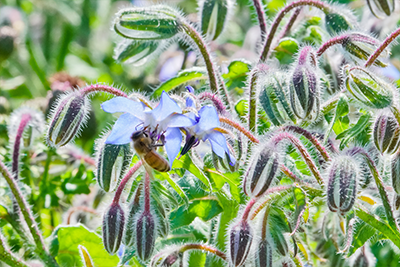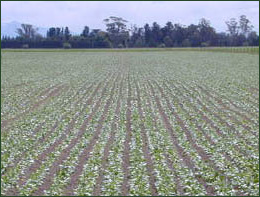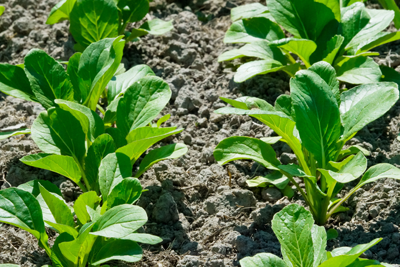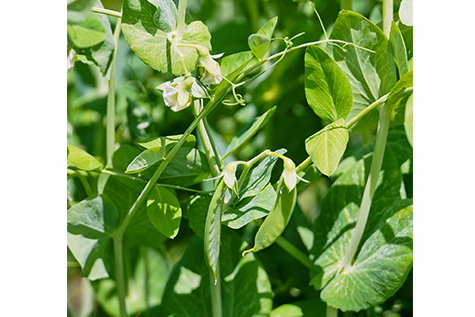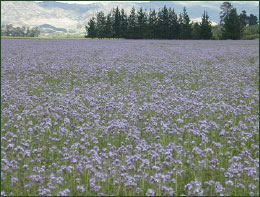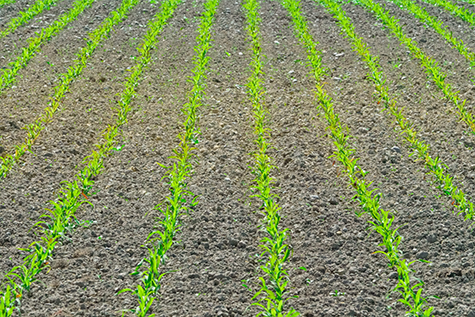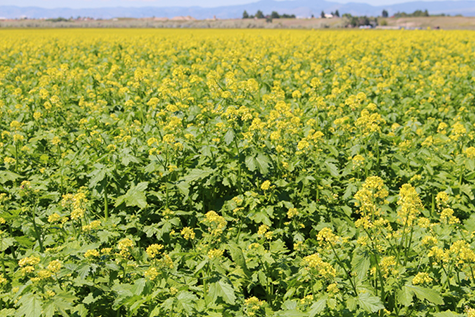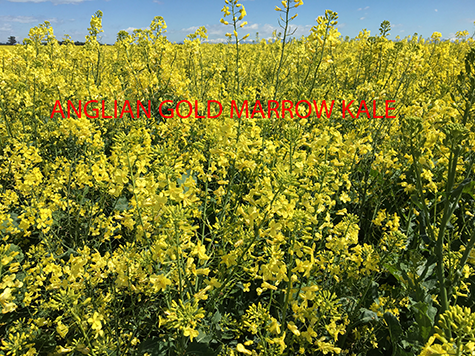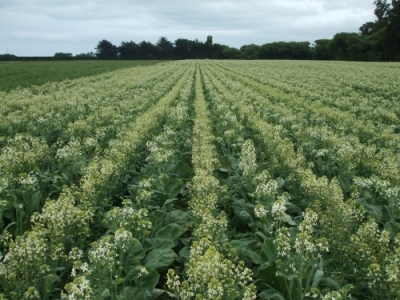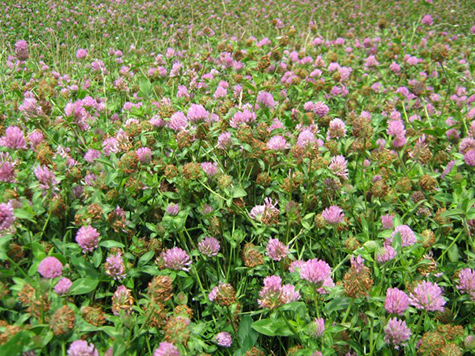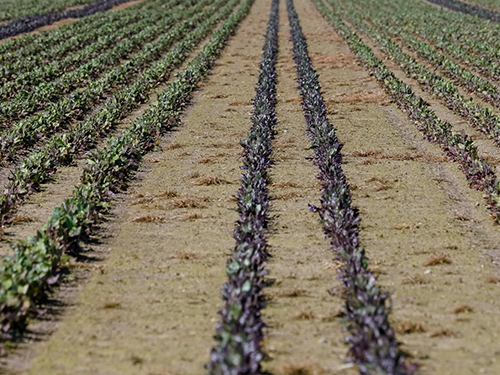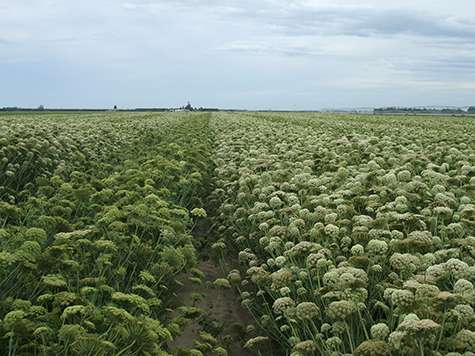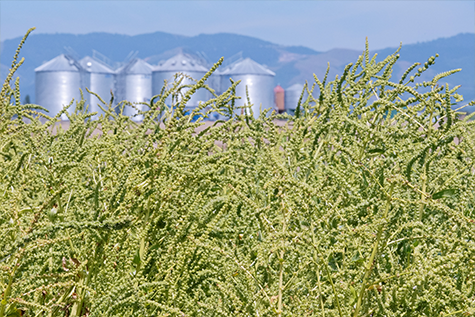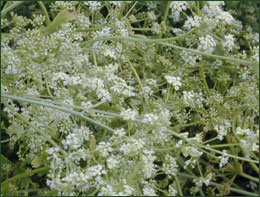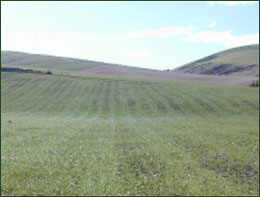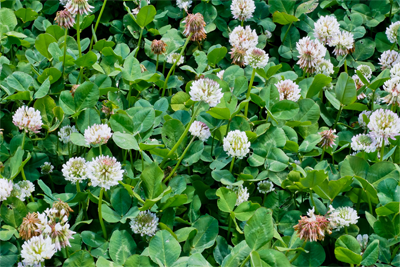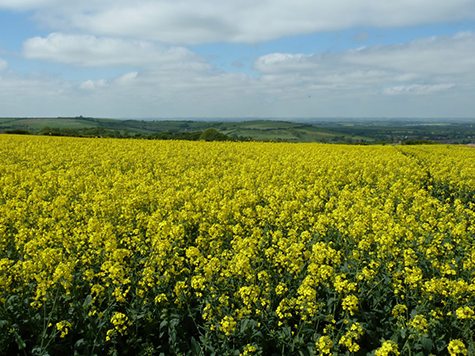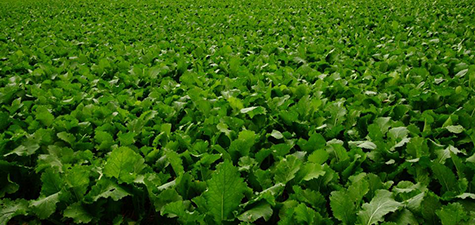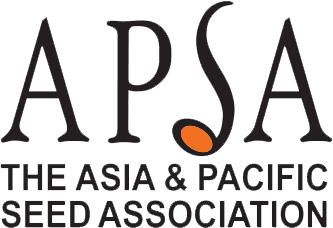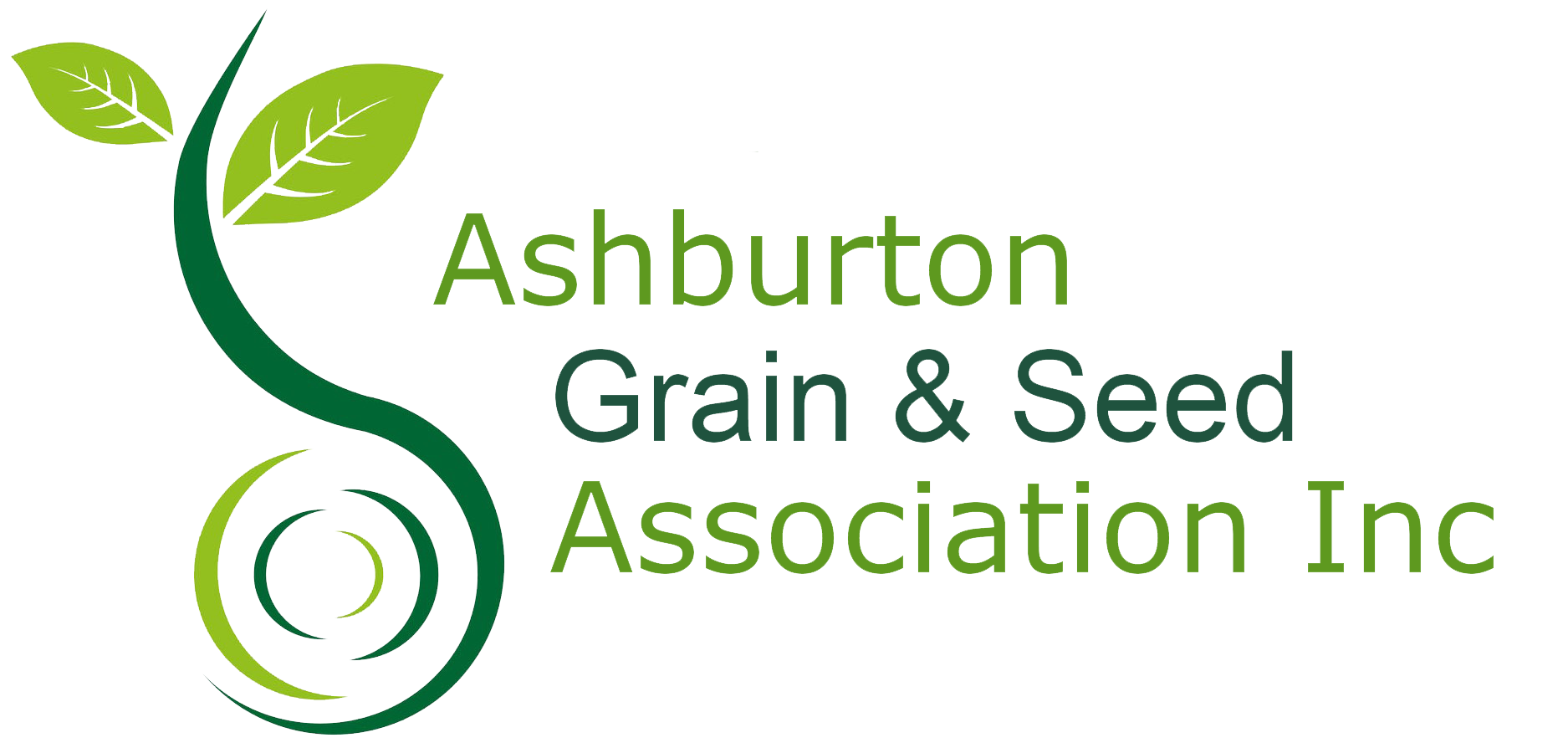Production requirements cover quality, quantity, delivery timeframes, price and crop reporting frequency. Communication with our clients is of paramount importance to Smith Seeds. We want to ensure that you know as much about your crops sitting at your desk in your country as we do.
Once we receive your stock seed our staff will send a sample to ISTA Laboratory to check germination before planting. Once we receive the positive result the rest of the seed is treated with Fungicides and insecticides, to ensure the seedlings get off to a good start when planted.
When selecting the production fields for your crops we do this in discussion with our farmers, obtaining up to ten years of field history. This is very important as is isolation from other cross pollinating crops. The SCID system run by the authorities is also used to ensure Seed Crop Isolation Distance.
Our Agronomists deliver your seeds personally to the chosen grower. They then discuss with the Grower the depth the seeds will be planted at, the rate of Kilograms per hectare and any other concerns either of them have at the time. Always keeping those production requirements in mind.
Once the seeds are sown, field monitoring is undertaken as this is a crucial time for crop success. This field monitoring will provide you with high quality digital photographs and written information on how your crops are progressing. You will have the comfort of knowing exactly what is happening at regular times throughout the growing season.
As your crops develop 8-10 people walk the field to conduct intensive inspections looking for contaminants or Off Types that shouldn’t be present. We inform you of what we find and if there are any problems advise you of how they will be dealt with.
Whilst our crop reports are designed to ensure you are kept fully informed of your crops progress, you are always welcome to visit your fields. Our Agronomists will look after you, taking you out to your fields enabling you to meet with the farmers who are growing your crops.
Our Agronomists continue to work with the Growers on the ongoing crop management, agreeing fungicide and Insecticide applications and fertilizer requirements. During this process, you will receive your flowering reports and after flower inspection reports. Always keeping you up to date and fully informed.
Our experienced Agronomists know when it is the right time to cut the crop. Checking seed colour for example. It is then cut and laid in windrows for drying. Prior to harvesting, moisture testing is undertaken as this will determine whether the seeds will require drying after Harvesting.
Seed drying is not always required and if not the harvested seeds are delivered directly to the Warehouse for Cleaning. Prior to cleaning a sample is sent to the ISTA Laboratory for germination testing. This testing will inform us what level of cleaning process is to be utilized. With our processes, you are constantly being assured of receiving a quality product.
Once the seeds have been cleaned another sample is sent to the ISTA Lab and tested for purity and germination. At this time, a sample is also supplied to our customer to enable them to do their own testing. It is once these results are returned that the seed can be packed for shipping.
All the necessary export documentation required for shipping is completed by our staff. Phytosanitary documentation ensures there are no hold ups in receiving your product.
Production requirements cover quality, quantity, delivery timeframes, price and crop reporting frequency. Communication with our clients is of paramount importance to Smith Seeds. We want to ensure that you know as much about your crops sitting at your desk in your country as we do.

Once we receive your stock seed our staff will send a sample to ISTA Laboratory to check germination before planting. Once we receive the positive result the rest of the seed is treated with Fungicides and insecticides, to ensure the seedlings get off to a good start when planted.

When selecting the production fields for your crops we do this in discussion with our farmers, obtaining up to ten years of field history. This is very important as is isolation from other cross pollinating crops. The SCID system run by the authorities is also used to ensure Seed Crop Isolation Distance.
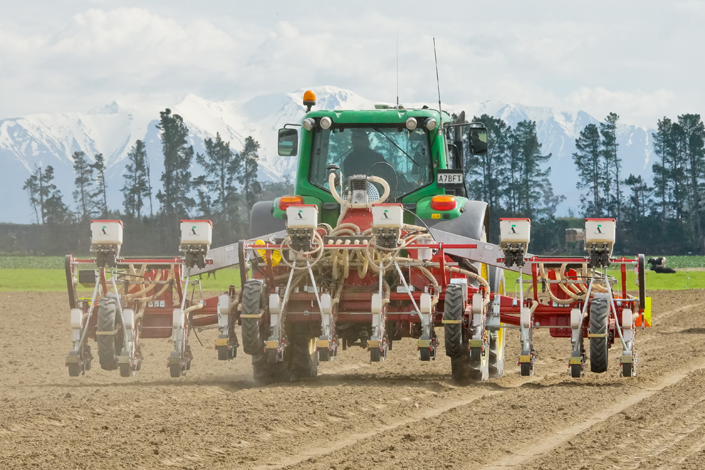
Our Agronomists deliver your seeds personally to the chosen grower. They then discuss with the Grower the depth the seeds will be planted at, the rate of Kilograms per hectare and any other concerns either of them have at the time. Always keeping those production requirements in mind.
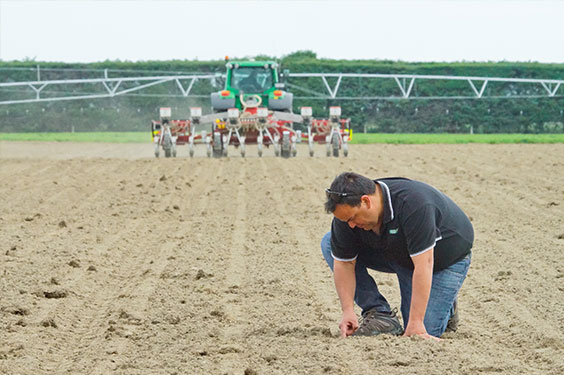
Once the seeds are sown, field monitoring is undertaken as this is a crucial time for crop success. This field monitoring will provide you with high quality digital photographs and written information on how your crops are progressing. You will have the comfort of knowing exactly what is happening at regular times throughout the growing season.
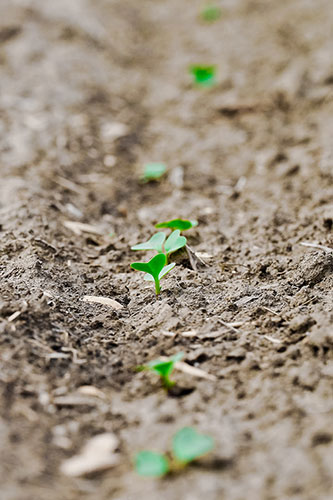
As your crops develop 8-10 people walk the field to conduct intensive inspections looking for contaminants or Off Types that shouldn’t be present. We inform you of what we find and if there are any problems advise you of how they will be dealt with.
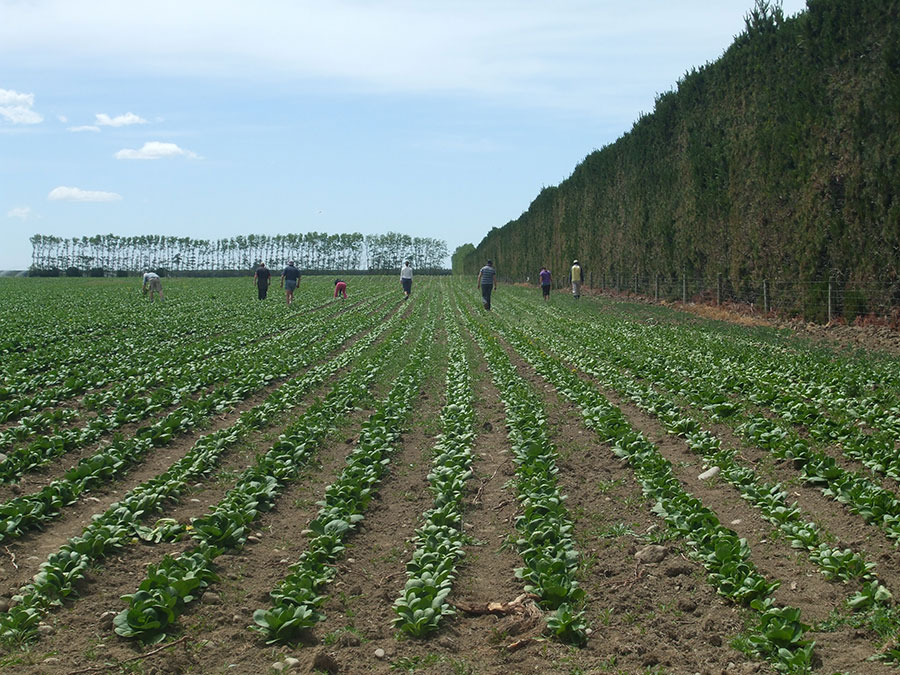
Whilst our crop reports are designed to ensure you are kept fully informed of your crops progress, you are always welcome to visit your fields. Our Agronomists will look after you, taking you out to your fields enabling you to meet with the farmers who are growing your crops.
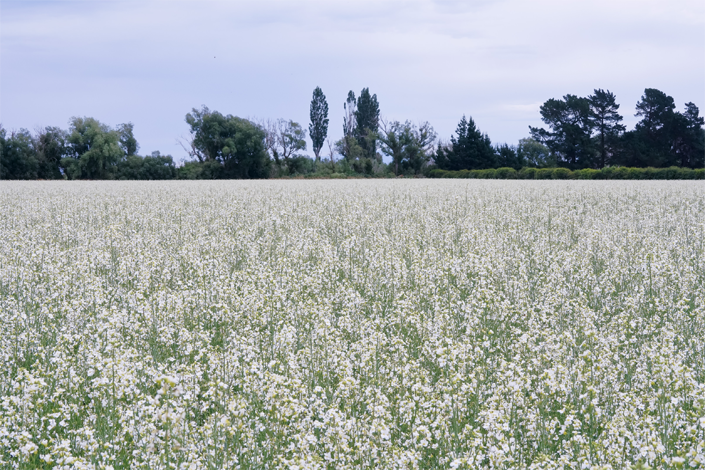
Our Agronomists continue to work with the Growers on the ongoing crop management, agreeing fungicide and Insecticide applications and fertilizer requirements. During this process, you will receive your flowering reports and after flower inspection reports. Always keeping you up to date and fully informed.
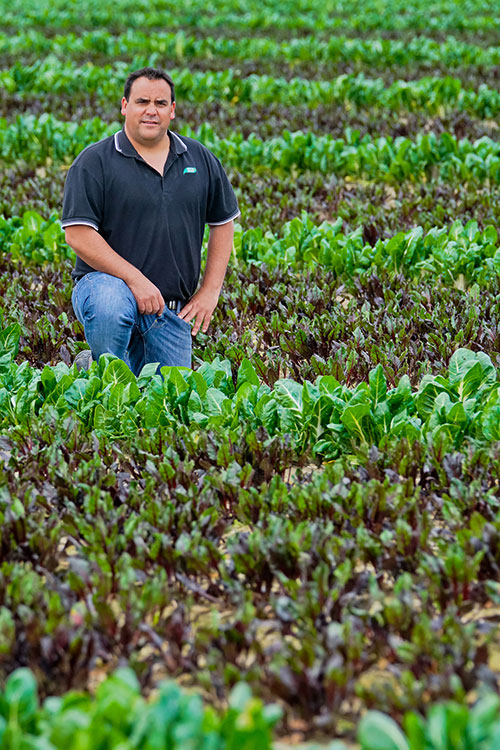
Our experienced Agronomists know when it is the right time to cut the crop. Checking seed colour for example. It is then cut and laid in windrows for drying. Prior to harvesting, moisture testing is undertaken as this will determine whether the seeds will require drying after Harvesting.
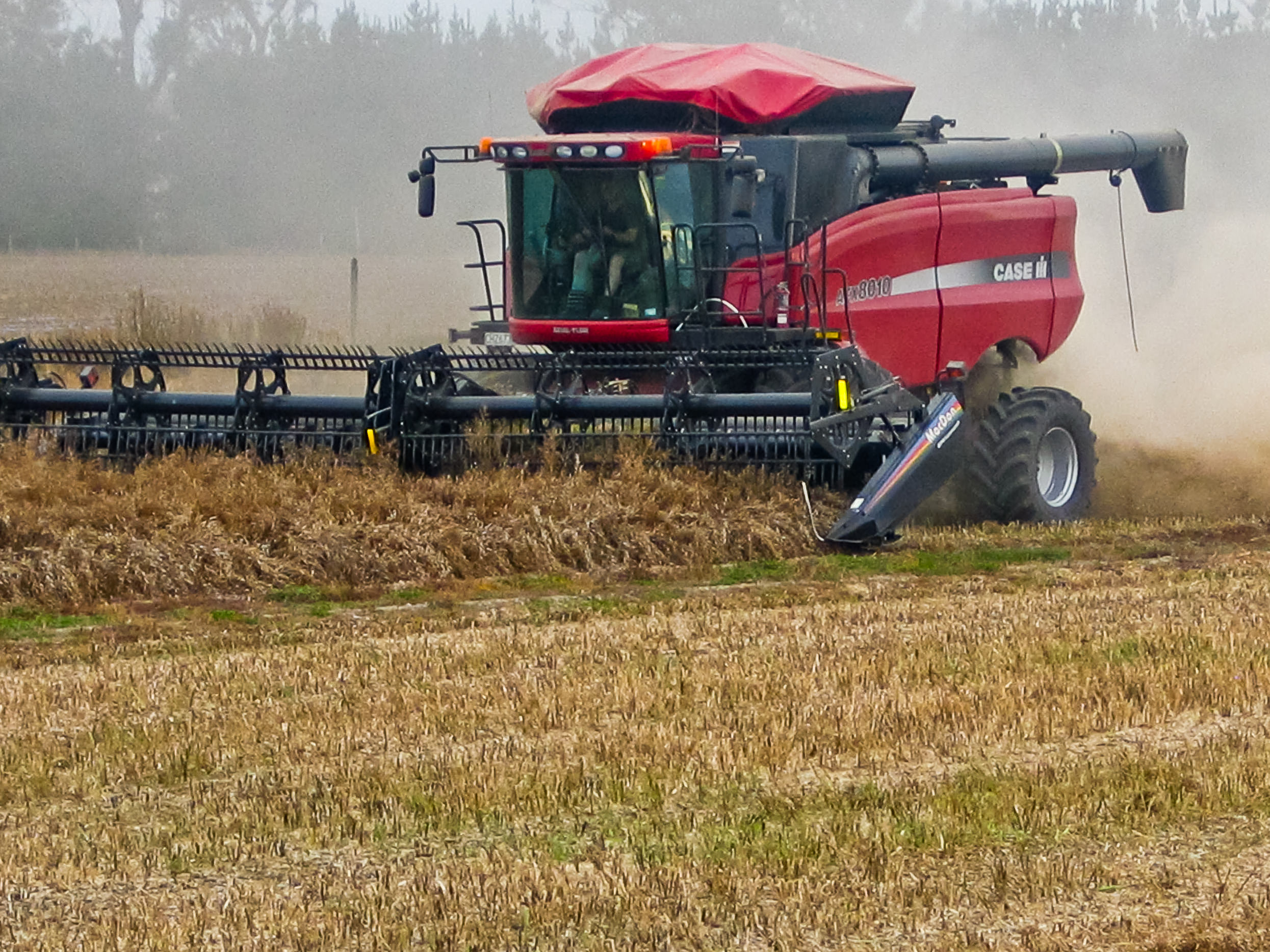
Seed drying is not always required and if not the harvested seeds are delivered directly to the Warehouse for Cleaning. Prior to cleaning a sample is sent to the ISTA Laboratory for germination testing. This testing will inform us what level of cleaning process is to be utilized. With our processes, you are constantly being assured of receiving a quality product.
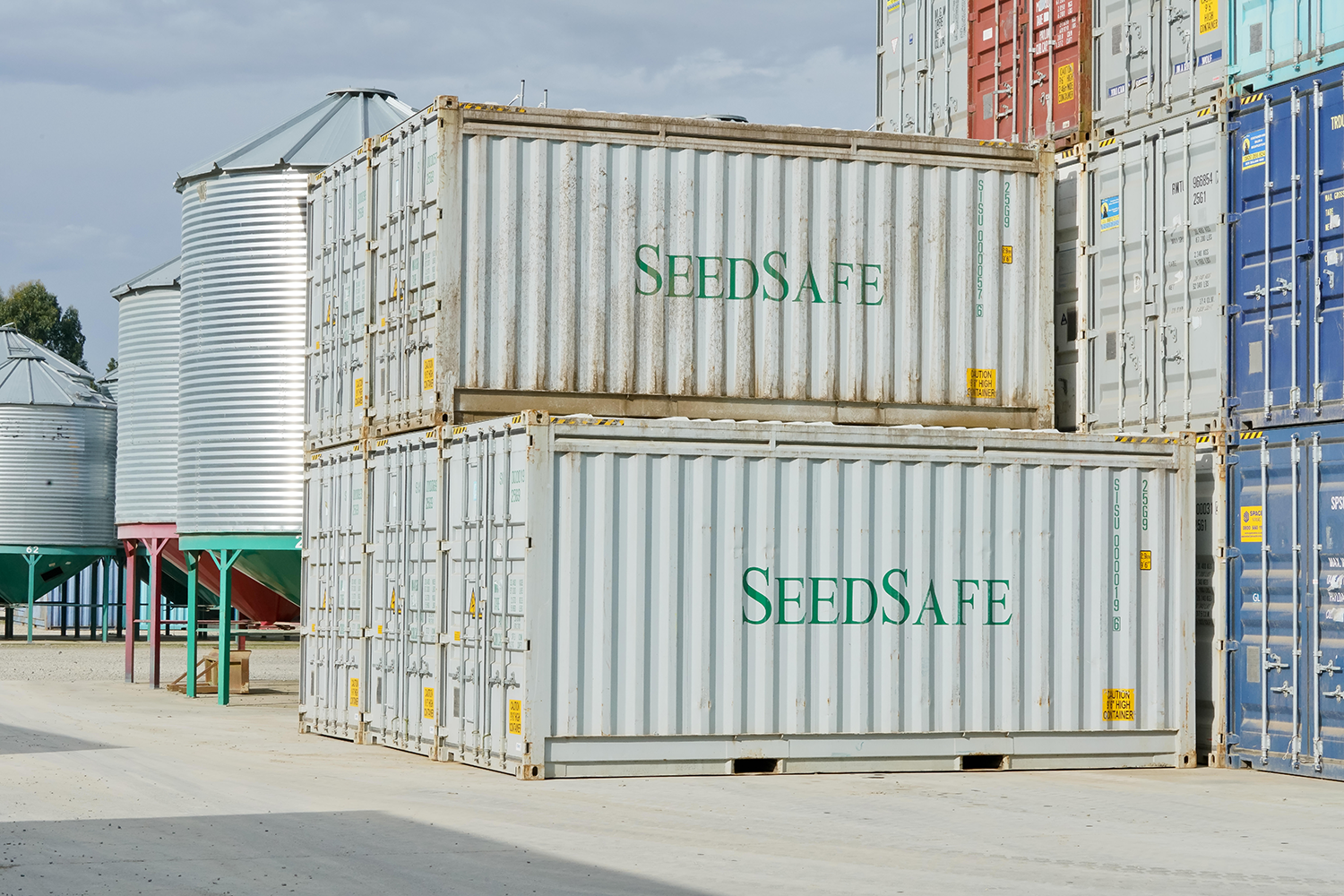
Once the seeds have been cleaned another sample is sent to the ISTA Lab and tested for purity and germination. At this time, a sample is also supplied to our customer to enable them to do their own testing. It is once these results are returned that the seed can be packed for shipping.
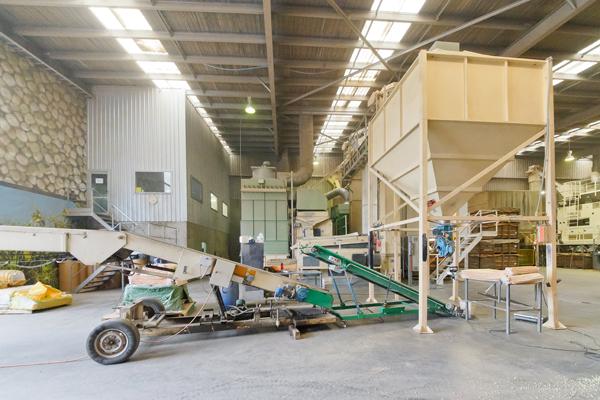
All the necessary export documentation required for shipping is completed by our staff. Phytosanitary documentation ensures there are no hold ups in receiving your product.
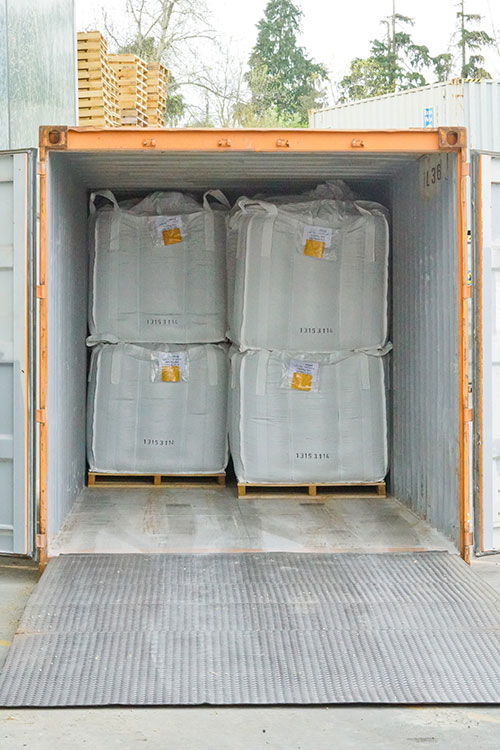
Seed Production Specialists
Our Total seed management programme (TSMP) is an innovative programme, developed by Smith Seeds, that encompasses every aspect of the range of specialist crops produced.
Clearly, many species have their own requirements and, to ensure the best result, Smith Seeds is committed to supplying the highest degree of production information available for each of the varieties you wish to have multiplied. Our TSMP, runs in conjunction with our software program, which encompasses every aspect of seed production, management, harvesting, cleaning, purity/quality analysis, packing and shipping. All seeds exported meet the highest possible standards and will conform to OECD requirements.
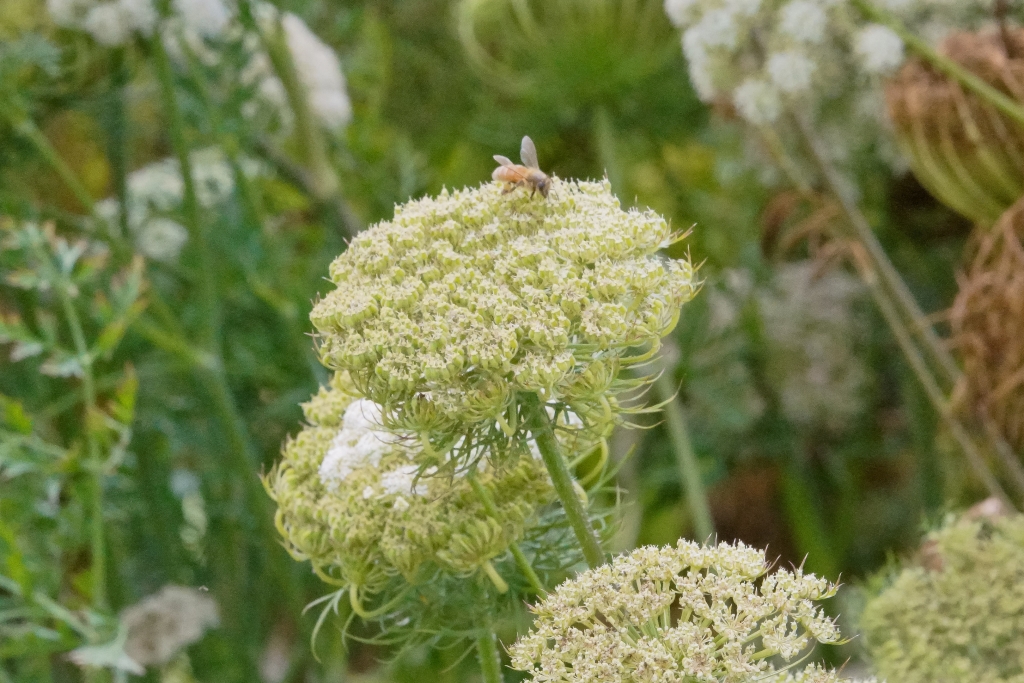

Sowing Months in New Zealand spring
| August | September | October |
|---|---|---|
Red Radish* | Chinese Kale* Chinese Mustard Chinese Radish* Choi Sum* Fodder Radish Spinach* | Borage Chinese Cabbage* Pak Choi* Peas Phacelia Sweetcorn* White Mustard |
Crop Establishment Reports
Harvesting Months
| February | March |
|---|---|
| All harvesting completed | |

Sowing Months in New Zealand autumn
| January | February | March | April | May |
|---|---|---|---|---|
Forage Kale Kale Red Clover | Beet* Carrot* Chard* Chinese Celery Kohl Rabi Ryegrass White Clover | Rapeseed Ryegrass Turnip | Onion |
Crop Establishment Reports
Harvesting Months
| February | March |
|---|---|
| All harvesting completed | |

